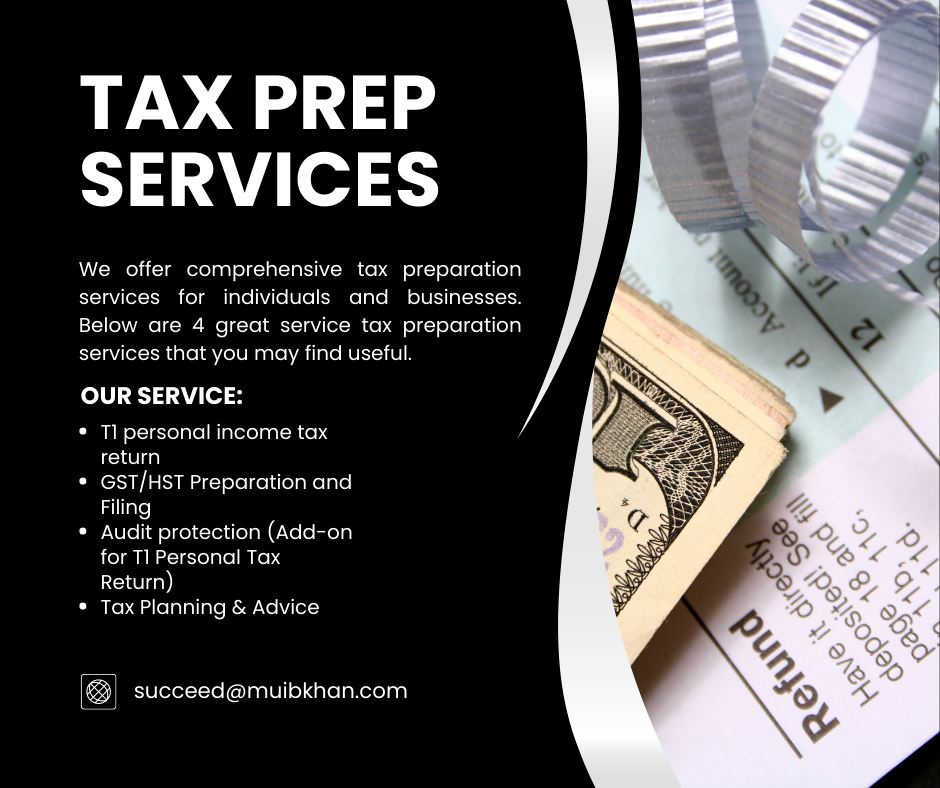
During a Canada Revenue Agency (CRA) audit, both taxpayers and the CRA have rights and responsibilities to ensure a fair and transparent process. It's important to understand these rights and responsibilities to navigate the audit process effectively. Here's an overview of the key rights and responsibilities of both parties:
Taxpayer Rights:
Right to Privacy: Taxpayers have the right to privacy, and their personal and financial information should be kept confidential by the CRA.
Right to Representation: Taxpayers have the right to be represented by a qualified tax professional, such as an accountant or tax lawyer, during the audit process. This representative can communicate with the CRA on the taxpayer's behalf.
Right to Information: Taxpayers have the right to request information about the audit process, including the reasons for the audit and the specific issues being examined.
Right to Appeal: If the taxpayer disagrees with the audit findings, they have the right to appeal the CRA's decision through the formal appeals process.
Right to Be Informed: Taxpayers have the right to be informed of their tax obligations, including the applicable tax laws and regulations.
Taxpayer Responsibilities:
Cooperation: Taxpayers are obligated to cooperate fully with the CRA during the audit. This includes providing all requested documentation and information promptly.
Accuracy: Taxpayers are responsible for ensuring the accuracy and completeness of their tax returns and supporting documents. Errors or omissions may result in penalties or interest charges.
Documentation: Taxpayers should maintain records and documentation related to their income, expenses, and deductions for the required retention period (usually six years).
Communication: Taxpayers should communicate with the CRA and respond to audit requests promptly. Failure to do so can result in penalties.
Appeal Process: If a taxpayer disagrees with the audit findings, they should follow the appropriate procedures to appeal the decision within the specified timeframe.
CRA Rights:
Access to Information: The CRA has the right to access relevant financial and tax records of the taxpayer under audit.
Interviews: The CRA can conduct interviews with the taxpayer, their representatives, or third parties to gather information and clarify issues.
Assessment: The CRA has the authority to assess tax liabilities, interest, and penalties based on the audit findings.
Information Sharing: The CRA can share information with other government agencies and departments, such as provincial tax authorities, when necessary.
CRA Responsibilities:
Transparency: The CRA is responsible for providing clear and understandable information to taxpayers about the audit process and their rights and responsibilities.
Professional Conduct: CRA employees must conduct themselves professionally and respectfully during the audit process.
Timely Communication: The CRA should communicate audit findings and decisions to the taxpayer promptly.
Appeal Process: The CRA must provide information to taxpayers on how to appeal audit results if they disagree with them.
Confidentiality: The CRA must maintain the confidentiality of the taxpayer's information.
Both taxpayers and the CRA need to act according to these rights and responsibilities to ensure a fair and efficient audit process. If any disputes arise, taxpayers have the option to seek assistance from a tax professional or explore the appeal process to resolve the issue.
